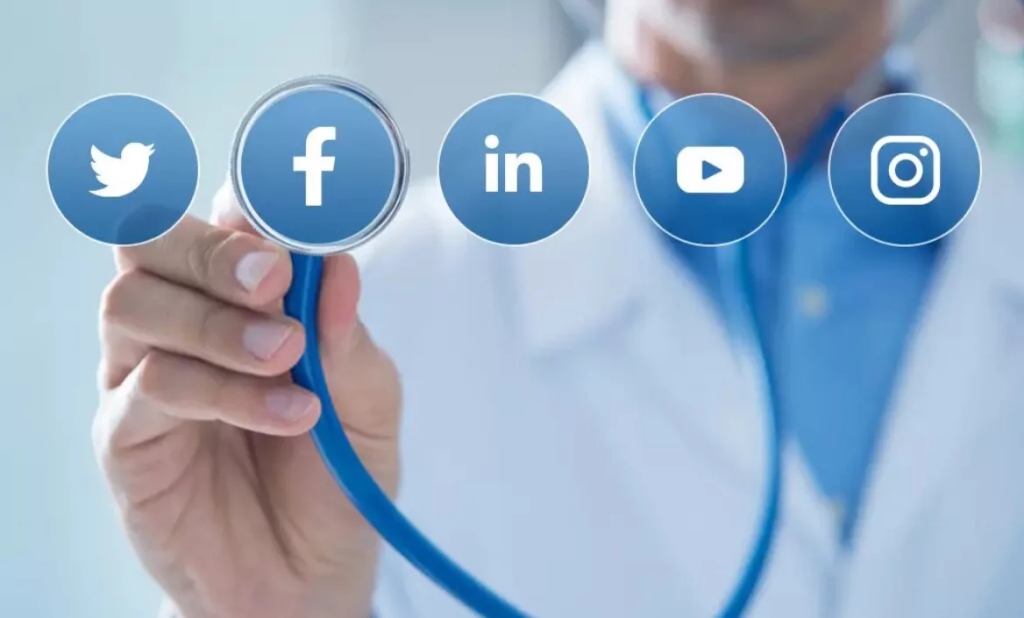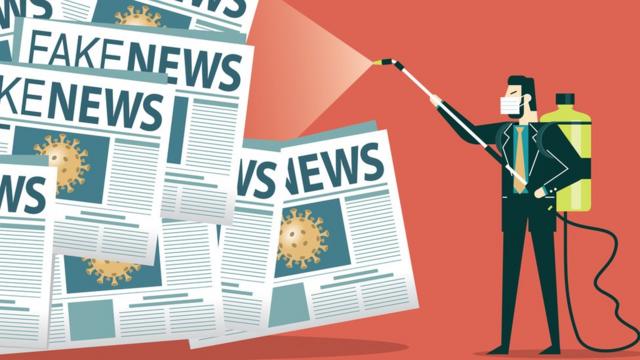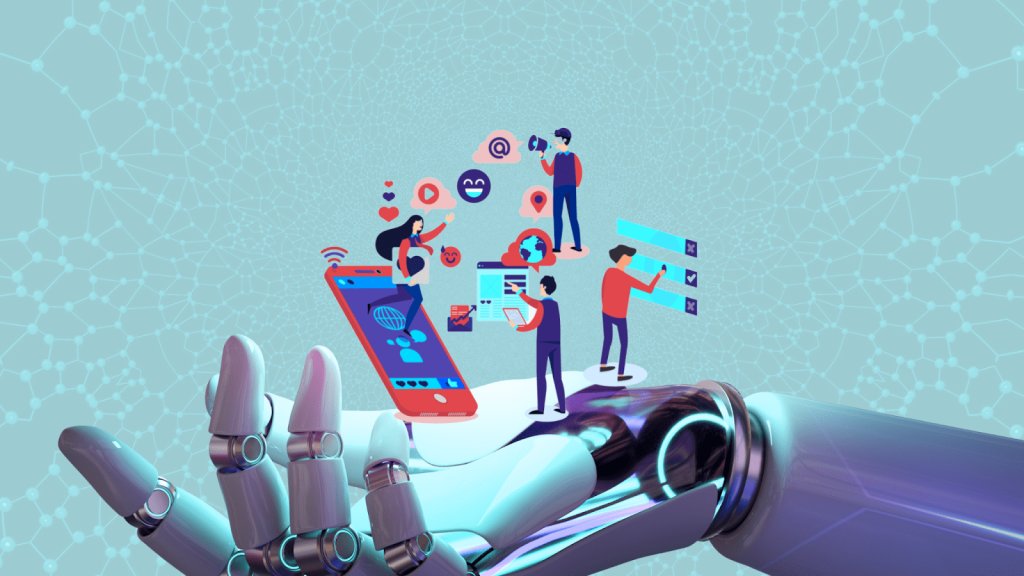For this journal, I chose to discuss the topic of “Social Media in Healthcare”, as I plan on entering the field of healthcare after I graduate. After reading Arnold’s article, I was shocked reading some of the statistics about healthcare and social media. He stated that, “…60% of doctors see social media as an avenue for delivering better healthcare to patients,” which surprised me because most of the “health” information I see online is normally false and misleading (Arnold, 2018). He also said that millennials aren’t scheduling as many preventative care appointments anymore and are relying on urgent care online for on-demand advice (Arnold, 2018). This also surprised me because although social media is convenient, it’s true that a lot of the “advice” found online can be scientifically incorrect. Those who have access to healthcare should use that advantage to seek proper advice from educated professionals, instead of randoms online.
There are other benefits and challenges when it comes to using social media in healthcare as well. Austin’s article claims that the benefits are health education, patient care, and healthcare promotion. On the other hand, the challenges are patient data privacy, social media management, poor quality information, and concerns over professionalism (Austin, 2019). Social media can be used as a tool to educate users about their health, as long as the information being shared is valid and coming from a reliable source. In addition, some social media users may be more likely to take advantage of their access to in-person healthcare visits if they see large organizations or celebrities promoting it online. The challenges of using social media in healthcare are difficult to look past as privacy, poor quality information, and professionalism are major aspects of using social media. As long as policies are put into place, information comes from reliable sources, and people maintain professionalism on their social medias, I believe that social media could potentially be a beneficial tool in terms of healthcare.
After I read Benetoli’s study about the impact of social media use on patients and healthcare professionals, I was also surprised to learn that social media use “positively impacted relationships with healthcare professionals,” (Benetoli et al., 2018). The study revealed that patients felt empowered to make their own decisions about their health due to better knowledge and communication through social media usage (Benetoli et al., 2018), which I think further supports how social media could be potentially beneficial if used responsibly in healthcare.
Overall, social media provides opportunities for networking, personal branding, and showcasing your own accomplishments. I am very careful about my social media usage, especially when it comes to professionalism and job markets. I make sure all my social media accounts and posts are presentable and can be shown to parents or employers without hesitancy, while still being authentically myself. Some people who choose to pursue a field that is not what they plan to do long-term may find themselves contemplating a career change. Social media can be very influential and often tailors personal content to what the user enjoys seeing, so those same people may be drawn to other career paths after watching videos, seeing posts, of reading tweets. Some employers may even use social media as a screening tool during the hiring process to look for controversial opinions, offensive language, or inappropriate photos, so it’s important to maintain a professional image across all accounts on all platforms.
References:
Arnold, A. (2018). Can social media have a positive impact on global healthcare. Forbes. https://www.forbes.com/sites/andrewarnold/2018/06/05/can-social-media-have-a-positive-impact-on-global-healthcare/#4e70093218a0Links to an external site.
Austin, M. (2019, December 18). Health care and social media: Importance of facing their challenges. Patient Empowerment Network. https://powerfulpatients.org/2019/12/18/health-care-and-social-media-importance-of-facing-their-challenges/Links to an external site.
Benetoli, A., Chen, T., & Aslani, P. (2018). How patients’ use of social media impacts their interactions with healthcare professionals. Patient Education and Counseling, 101(3), 439-444. https://doi.org/10.1016/j.pec.2017.08.015Links to an external site.



Leave a comment